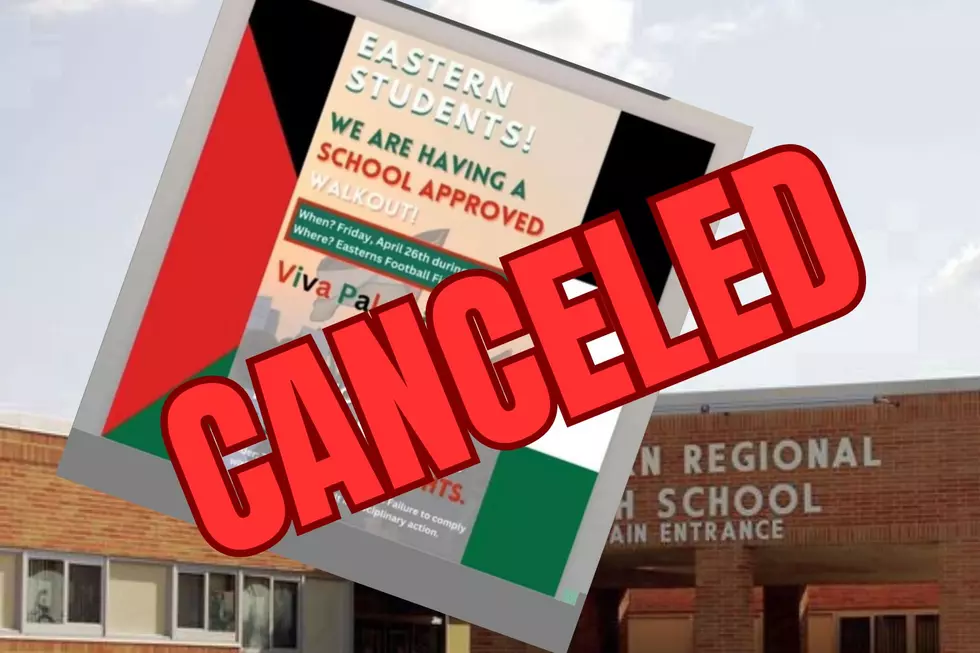
If you win record $1.6 billion Powerball jackpot, should you take cash or annuity?
The annuity value of Saturday's Powerball jackpot is the largest ever offered in the United States at $1.6 billion.
The multi-state lottery game has not had a winner in 39 drawings dating back to Aug. 3. There have been two million-dollar tickets sold in New Jersey with smaller prizes during the course of those drawings.
The cash value of the jackpot is $782.4 million, which brings up another question when you purchase your ticket: do you go for the annuity payout, which is paid in 30 annual installments, or the cash option which is worth less but is paid at once?
Lump sum or annuity payout?
Toms River certified financial planner Lou Scatigna says there are positives and negatives to each.
One plus for the cash option is that you get your winnings all at once and are not at the whim of the state's financial future.
"I have to be comfortable that the entity paying me over the next 20 years is financially viable to continue to do so. Say the state becomes bankrupt or has a financial crisis or depression and they can't make the payoff. Now you're just a creditor," Scatigna said. "If you get it all upfront, you can control your money."
The cash can be invested and ultimately provide more money than the annuity.
"There's no reason why properly invested that that money shouldn't double every seven years," Scatigna said.
Downsides of all that cash
But having all that money can also be bad. Scatigna said that winners of a typical jackpot have been known to blow all the cash in under 10 years. An annuity ensures you have a regular flow of cash and suggested that could be a better choice.
"The one thing about the annuities is it saves you from yourself because you get a fresh start at the beginning of every year when you get your payment," Scatigna said
The psychology of winning
The cash option can also lead some people down a dark path.
"If you're a gambler or if you have vices where that kind of money is going to destroy your life, then the annuity would be the default way you'd have to go," Scatigna said.
Annuity or cash, Scatigna advises that winners stay quiet about their good fortune, hire an accountant, financial planner and a therapist.
"Your life is gonna change in a way that you never saw possible. And it's things that you're gonna have to deal with that you certainly wouldn't have to deal with in a normal life," Scatigna said "You're close to a billionaire. You're Elon Musk, or at least a fraction of him, pretty much overnight."
The New Jersey Lottery recommends signing your winning ticket and taking a picture of both sides before taking it to lottery headquarters. In New Jersey, jackpot winners can remain anonymous but are still responsible for paying the taxes.
Saturday's Powerball drawing is at 10:59 p.m.
Lou Scatigna hosts "The Financial Physician" program Sunday 7 a.m. - 9 a.m. on WOBM-FM, which like New Jersey 101.5 is owned by Townsquare Media.
Dan Alexander is a reporter for New Jersey 101.5. You can reach him at dan.alexander@townsquaremedia.com
Click here to contact an editor about feedback or a correction for this story.
How much does the average NJ home cost? Median prices by county
PHOTO TOUR: The 15th Annual Scarecrow Scroll in Cranford, NJ
LOOK: The most expensive weather and climate disasters in recent decades
More From New Jersey 101.5 FM









